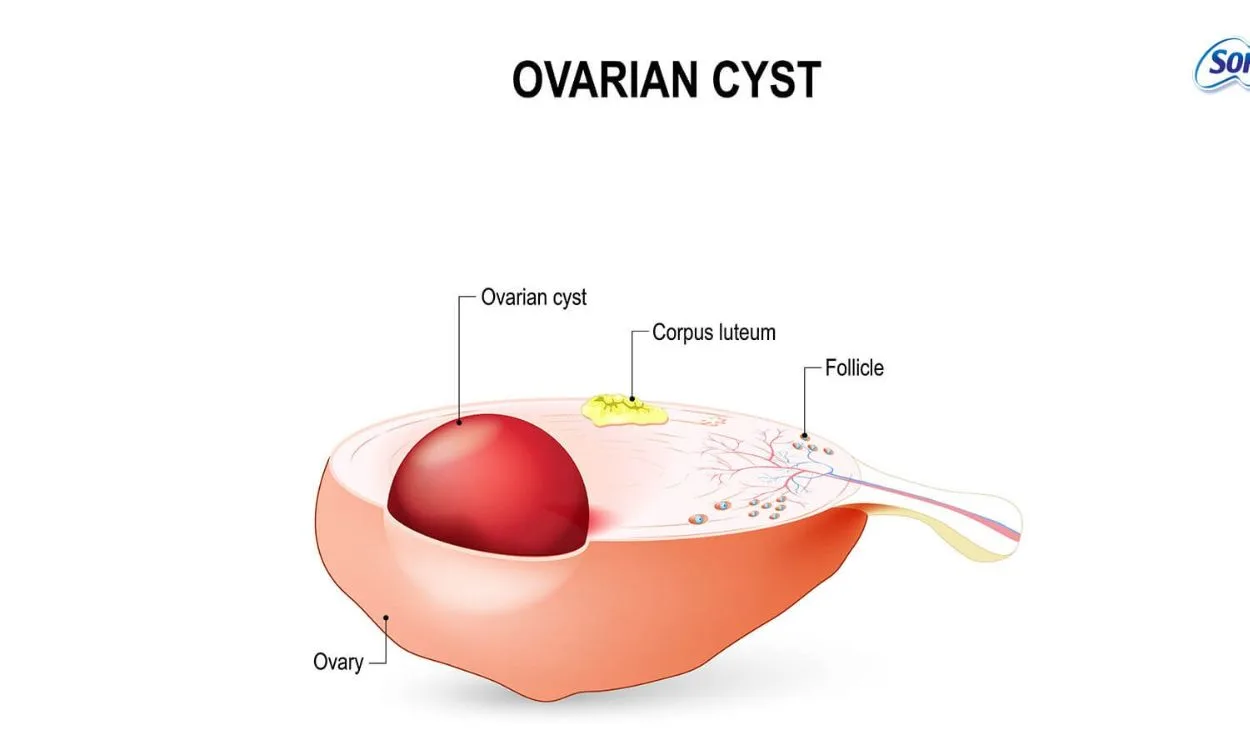How does PCOD affect menstrual cycles and ovulation?
PCOD (Polycystic Ovary Syndrome) is a common hormonal disorder that affects women of reproductive age. It is characterized by the presence of multiple cysts in the ovaries, irregular menstrual cycles, and hormonal imbalances. PCOD can have various effects on menstrual cycles and ovulation, which are crucial for a woman’s fertility and overall health. In this article, we will discuss in detail how PCOD affects menstrual cycles and ovulation, and how it can be managed.
Effects of PCOD on Menstrual Cycles
- Irregular or Absent Periods: One of the primary symptoms of PCOD is irregular or absent menstrual periods. Women with PCOD may experience infrequent periods, with cycles that are longer than the average 28 days. In some cases, women may also have periods that occur too frequently.
- Heavy or Prolonged Bleeding: PCOD can cause heavy or prolonged menstrual bleeding. This is due to hormonal imbalances that affect the maturation and release of eggs from the ovaries.
- Anovulation: PCOD can lead to anovulation, which means that the ovaries do not release eggs regularly or at all. This can result in irregular menstrual cycles or even periods of no menstruation.
- Hormonal Imbalances: PCOD is characterized by an imbalance in the levels of hormones such as estrogen, progesterone, and luteinizing hormone (LH). These imbalances can disrupt the normal menstrual cycle and ovulation process.
Effects of PCOD on Ovulation
- Ovulation Dysfunction: PCOD can disrupt the hormonal signals required for the maturation and release of eggs from the ovaries. This can lead to irregular or absent ovulation, making it difficult for women with PCOD to conceive.
- Formation of Ovarian Cysts: Women with PCOD often have multiple small cysts in their ovaries. These cysts form when the follicles containing the eggs do not mature and release them. As a result, the ovaries become enlarged and produce excess androgens (male hormones) such as testosterone, further affecting ovulation.
- Infertility: Due to irregular ovulation or anovulation, women with PCOD may face difficulties in becoming pregnant. If the eggs are not released regularly, there is a lower chance of fertilization and implantation.
Managing PCOD and Improving Menstrual Cycles and Ovulation
- Lifestyle Modifications: Maintaining a healthy weight through regular exercise and a balanced diet can help improve PCOD symptoms and regulate menstrual cycles. A low-glycemic-index diet, rich in whole grains, fruits, and vegetables, is recommended.
- Medications: Hormonal birth control pills are commonly prescribed to regulate menstrual cycles and reduce androgen levels. Other medications, such as metformin, may be prescribed to improve insulin sensitivity and regulate ovulation.
- Fertility Treatments: In cases where conception is desired, fertility treatments like ovulation induction or in vitro fertilization (IVF) may be recommended. These procedures help stimulate ovulation and increase the chances of pregnancy.
- Regular Monitoring: It is important for women with PCOD to regularly monitor their menstrual cycles and ovulation. This can be done through tracking basal body temperature, using ovulation prediction kits, or seeking medical advice for further evaluation.
In conclusion, PCOD can have significant effects on menstrual cycles and ovulation. It is important for women with PCOD to seek proper medical guidance and adopt a holistic approach to manage their condition. By making lifestyle modifications, taking medications as prescribed, and seeking fertility treatments when needed, women with PCOD can improve their chances of regular menstrual cycles, ovulation, and ultimately, achieve their desired pregnancy.
Get Fitpaa to Support Your Health and Fitness Journey
PCOD can impact various aspects of a woman’s health, including menstrual cycles and fertility. If you are looking for a comprehensive solution to support your overall well-being, Fitpaa is here to help. Fitpaa is an end-to-end AI-driven metabolism monitoring and management technology that can assist you in achieving your health and fitness goals.
By taking the Fitpaa Metabolism Assessment, you can identify the root cause of your health condition and optimize your metabolism. Fitpaa offers a personalized Fitpaa Capsule, which combines medical therapy, medical exercise therapy, medical nutrition therapy, and cognitive behavior therapy to optimize your metabolism and help you achieve your health and fitness goals with a 100% guarantee.
With the Fitpaa mobile app, you can easily follow your Fitpaa Capsule. The app provides a virtual workout trainer, diet tracker, performance tracking, progress tracking, and real-time guidance to keep you motivated and on track. Fitpaa’s team of fitness planners, nutritionists, fitness trainers, and doctors will regularly review your progress and make necessary adjustments to ensure you reach your goals.
Don’t let PCOD or any other health condition hold you back. Download the Fitpaa app today and experience the joy of achieving your health and fitness goals. Your well-being is our mission, and we are here to support you every step of the way. Remember, nothing is impossible with Fitpaa!
Get Fitpaa to Achieve Your Health and Fitness Goals with Guaranteed Results!









